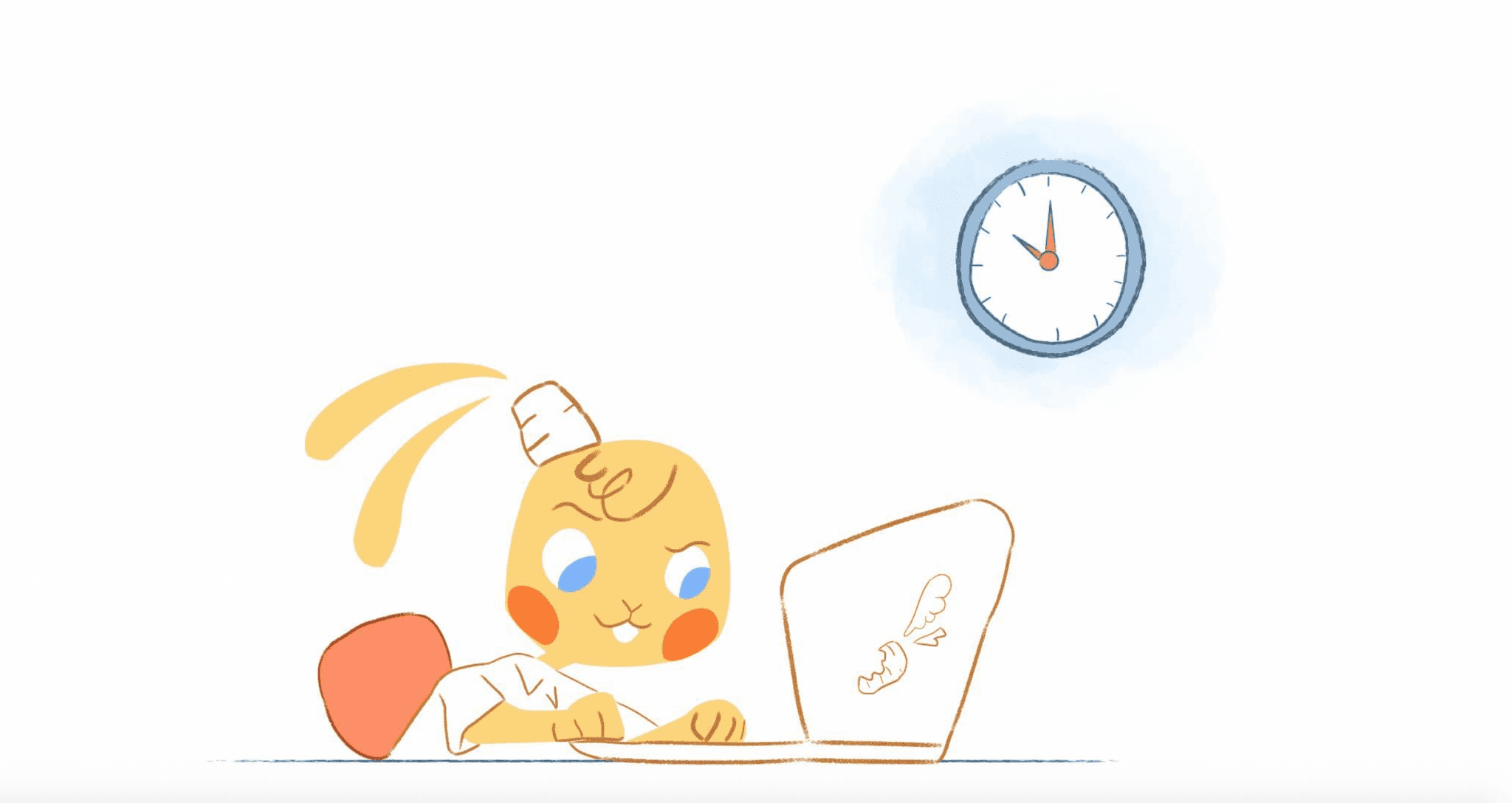

When you’re in the thick of the daily grind, it’s easy for you to lose sight of what’s most important in your life, aka your priorities.
To be fair, there are outside circumstances that can lead to this. Let’s say a family member had a medical emergency. You probably have to sacrifice another area of your life, like going on a vacation or working overtime. But, that is usually a temporary situation.
What I’m talking about here is constantly ignoring the areas of your life that are meaningful and important. When you know what these are and make time for them, you’ll live a more satisfying life. As a result, you’ll be happier and more successful.
But, what should your main priorities in life be? Well, that’s different for everyone. But, they should be the things that don’t cause you pain and assist you in becoming the best possible version of yourself, such as the following areas.
Your MBS
Your main priority in life, without question, should always be your mind, body, and spirit. Maybe it’s because we perceive this as being selfish that it’s often taken for granted. But, take a second and really think about it. If you neglect your well-being, then how can get the most out of life, be productive, or be of service to others?
For example, I’ve struggled with anxiety. While this varies from person to person, it has at times negatively impacted my life. I’ve missed out on opportunities like advancing my career or spending time with loved ones because of my nervousness. It’s influenced my sleep and pulls me away from the present. Besides decreasing my productivity, this also made the things that I normally less desirable.
I could go on. But, I think you get the point. If you aren’t 100% mentally, physically, or emotionally, all other facets of your life are affected.
The good news is that there are simple ways to make your well-being a priority. And, it involves incorporating self-care to your routine by:
- Booking self-care appointments first in your calendar. Before getting preoccupied with work or the items on your to-do-list, block out time for yourself. In other words, after you wake-up, do things like exercise, eat a healthy breakfast, and practice gratitude
- Time-blocking your schedule. Throughout the day, block out specific times to attend to your self-care. For instance, in-between tasks at work, take 15 to 30 minutes for yourself. Go for walk outside, read something inspirational, or meditate during this chunk of time.
- Utilizing systems. Create a self-care system and add it to your calendar. For example, your morning routine could be spent doing a physical activity for 20 minutes, 5 minutes of meditation, 10 minutes of journaling, and 10 minutes organizing your home or workspace. Not only could you reserve this time weeks in advance, if you do this daily, but it will also become a habit.
- Spending your downtime wisely. No matter how busy you are, there’s always some downtime in your schedule. Let’s say you commute daily to work using public transportation. That time could be spent journaling or listening to a podcast that lifts your spirits.
Healthy Relationships
Your second priority in life? Strengthening the important relationships in your life, like family and friends.
“This idea of feeling connected becomes very reinforcing, to all of us, and it contributes to happiness, it contributes to mental health and it does contribute also to physical health,” said psychologist John Northman.
“It’s well known that when people feel better connected, that they feel better physically, they’re certainly less likely to feel depressed — or if they do, they’re in a better position to get out of being depressed.
“Overall, it leads to a feeling of a greater degree of support and connection psychologically,” said Northman.
And, while family ties are essential, research shows that close friendship may actually be more beneficial. That shouldn’t be all that surprising since we get to chose our friends and are often more comfortable around them. What’s more, studies have shown that having close relationships not only makes us happier but also improves our overall well-being.
If you’re struggling to make the time for these important relationships, here are a couple of suggestions:
- Establish boundaries. When you’re spending time with your friends or family, then work stays behind. That means no responding to emails when you’re hanging out with your nearest and dearest. It also means that if you have a prior commitment outside of work, follow through with it. If you’re going to a baseball game with your best friend, then that meeting request with a client will need to be scheduled at a different time.
- Trim the fat. Stop overcommitting and be more realistic with your time. Also, remove the time-consuming and toxic relationships in your life so that you have more availability.
- Schedule a quick check-in. Do you have 20-minutes after lunch? If so, send a friend a quick text or email. Even better, have a brief phone call with them.
- Get creative. Invite a friend or family member to join you on your daily walk or meet you at the gym. If you’re running errands, see if they want to tag along.
- Have flexibility in your calendar. Leave some blank spaces in your schedule to allow for spontaneity. For instance, let’s say you were out picking-up groceries and ran into a friend. You don’t have anything else planned, so you ask if they want to grab a cup of coffee.
Dreams and Aspirations
Whether you want to call this your calling, passion, purpose, or why, if you want to have a fulfilling life, then you need to identify what makes you tick. Then, you need to pursue it no matter what. When you do, you’ll have direction and a reason for getting out of bed each morning. In turn, you’ll be more resilient. And, everything else you do will become easier and more enjoyable.
Also, research has found “that people are haunted more by regrets about failing to fulfill their hopes, goals, and aspirations than by regrets about failing to fulfill their duties, obligations, and responsibilities.”
There are a lot of reasons why we don’t pursue our dreams. But, to get started, spend some time only and determine your why. After that, take action. You can start small to build up some momentum. For example, if you wanted to learn a new language or start your dream business, dedicate 15 minutes daily these goals. For instance, after lunch jump on an app like Duolingo or conduct a little market research.
Self-Development
Continuous learning and growth are essential. Whether if it’s enhancing your hard and soft skills and knowledge, this will make you a more well-rounded individual personally and professionally. As an example, fortifying your communication skills could make you a more effective leader. At home, it could help you resolve disputes with your partner.
You can make self-development a priority by using your downtime more wisely. Instead of laying on the couch and watching movies all weekend, read a book, take a class, or practice any skills that you’ve recently acquired.
Time and Productivity
Of course, if you’re struggling with time management, then when do you expect to have the time for your other main priorities in life?
There are hundreds of ways for you to improve your time management and productivity skills. I suggest that you start by conducting a time audit. Here you would track your time for a couple of times to see how it’s being spent. When you do this, you’ll have a better idea of how long certain tasks really take you. More importantly, it can help you figure out where you’re wasting time.
From there, I recommend living by your calendar by blocking out specific times for certain tasks. I’d also learn to start saying “no” more often. And, get comfortable with delegating or outsourcing less important tasks to others.
Happiness
Life is way too short to spend it doing things that we dread. Furthermore, even though it is a big part of your life, there’s more than just work.
Carve out time to do the things that put a smile on your face. If that’s playing with your kids, watching a Will Ferrel movie, or literally stopping to smell the roses, do something that you enjoy daily. It’s good for your well-being and will help put your other priorities in place. For example, happiness is contagious. That means people will actually want to be around you. That’s good for improving your relationships and growing your professional network.
Security
Finally, you need to attain a level of security. At the minimum, that means having a job that can put a roof over your head and food on the table. It can also help you lead the life that you want to live. I mean without money you can’t go skiing with your friends, right?
Money shouldn’t be your sole priority. But, if you want to have a sense of security, it’s definitely needed. However, if you’re working 60 hours per week, which means sacrificing your well-being or relationships, then you may want to consider changing career paths.











Albert Costill
My name is Albert Costill and I'm a content marketer at Calendar. If I can help people become more productive in my journey, even better. If you ever have a question about your Calendar or how you can use it - - don't hesitate to reach out. I'm a Calendar Pro.